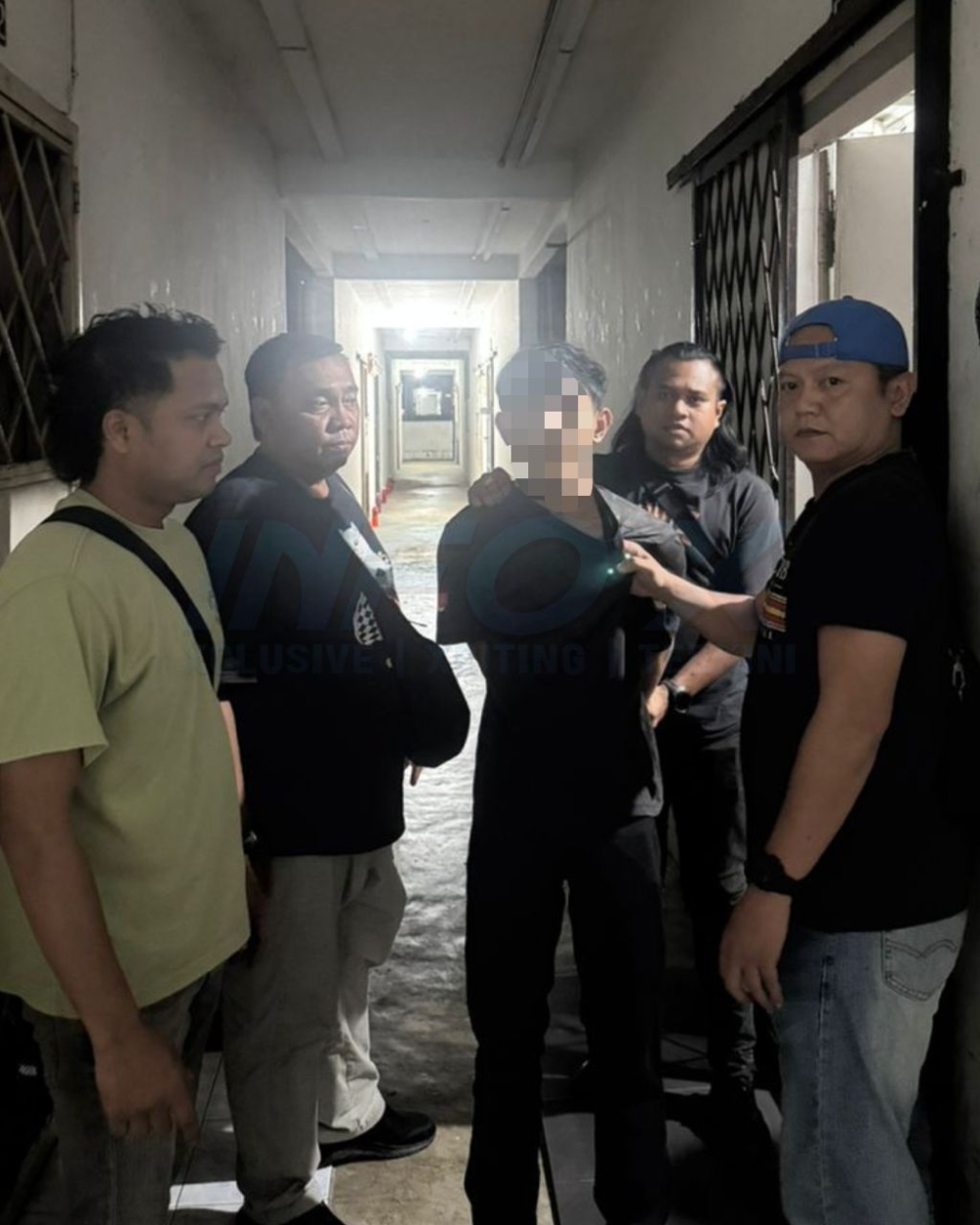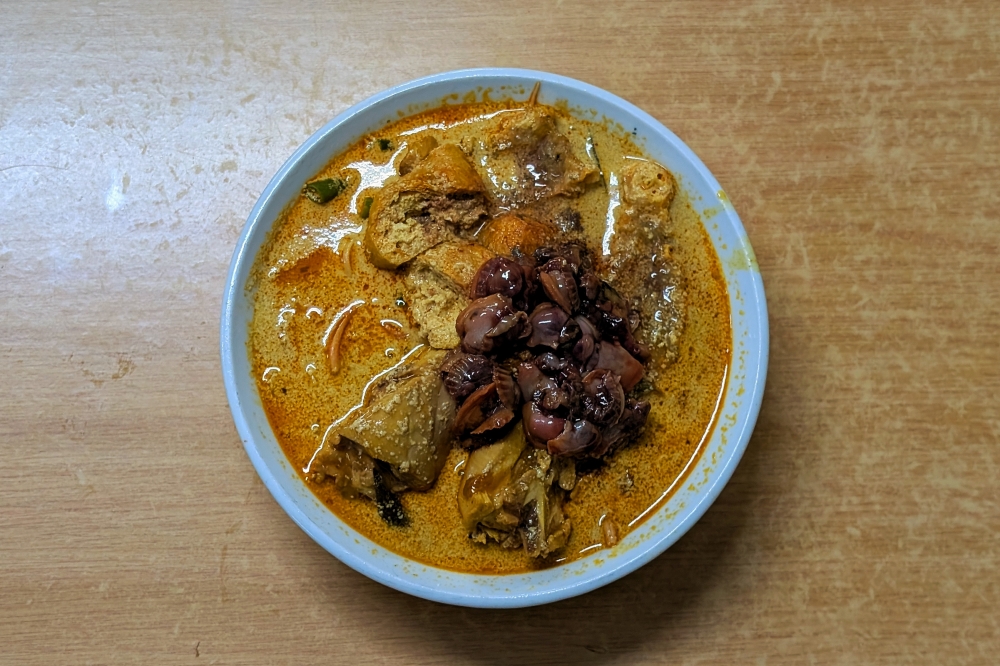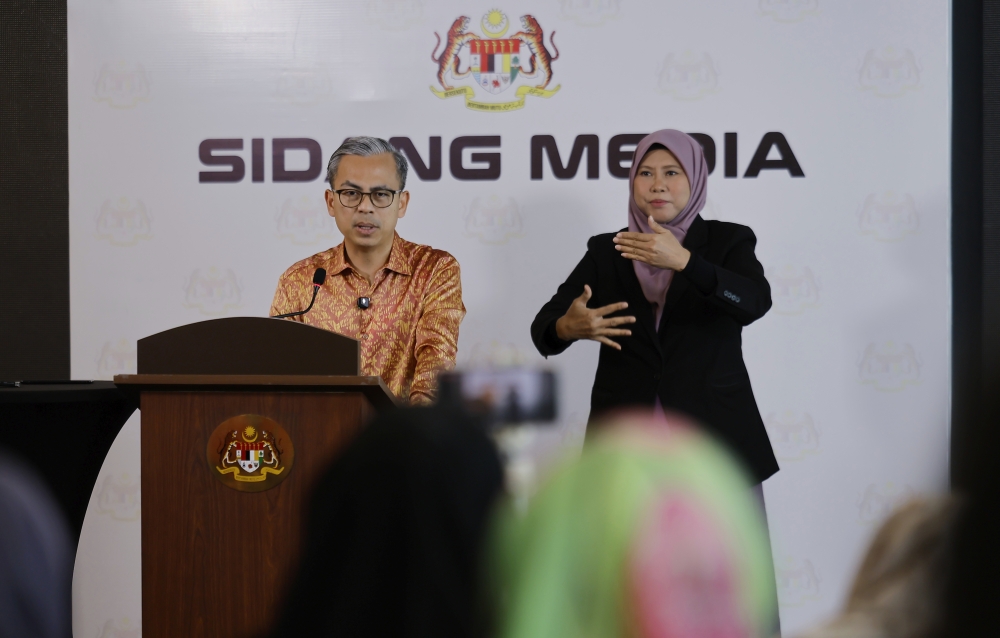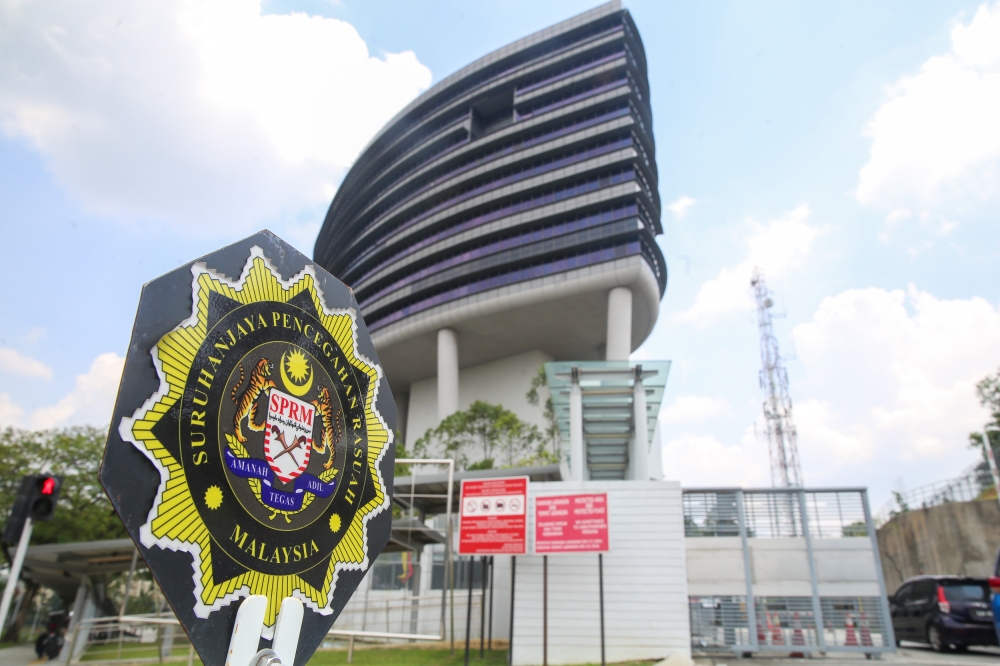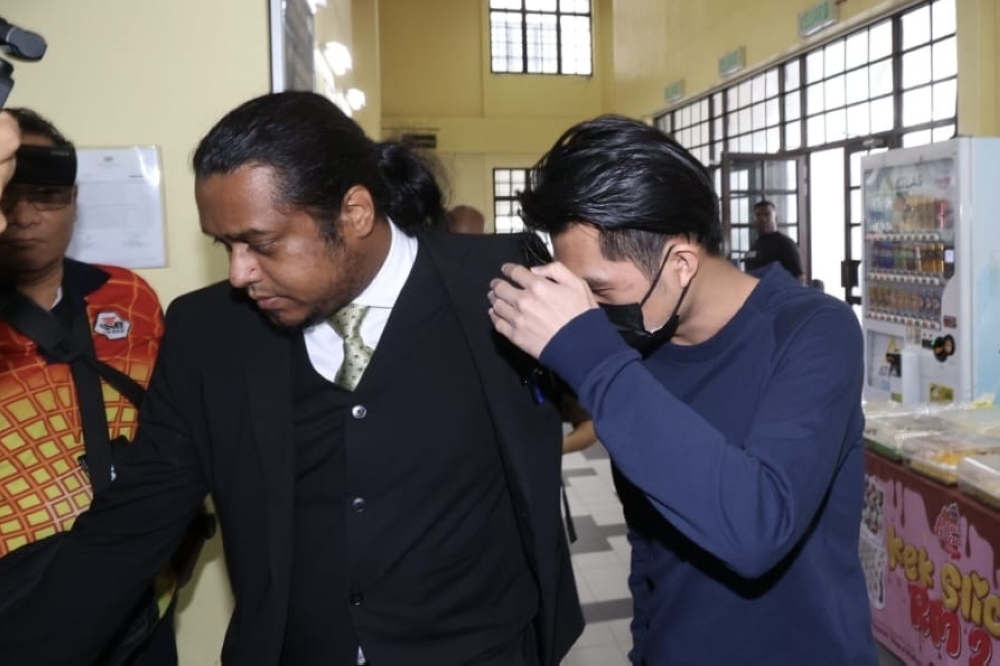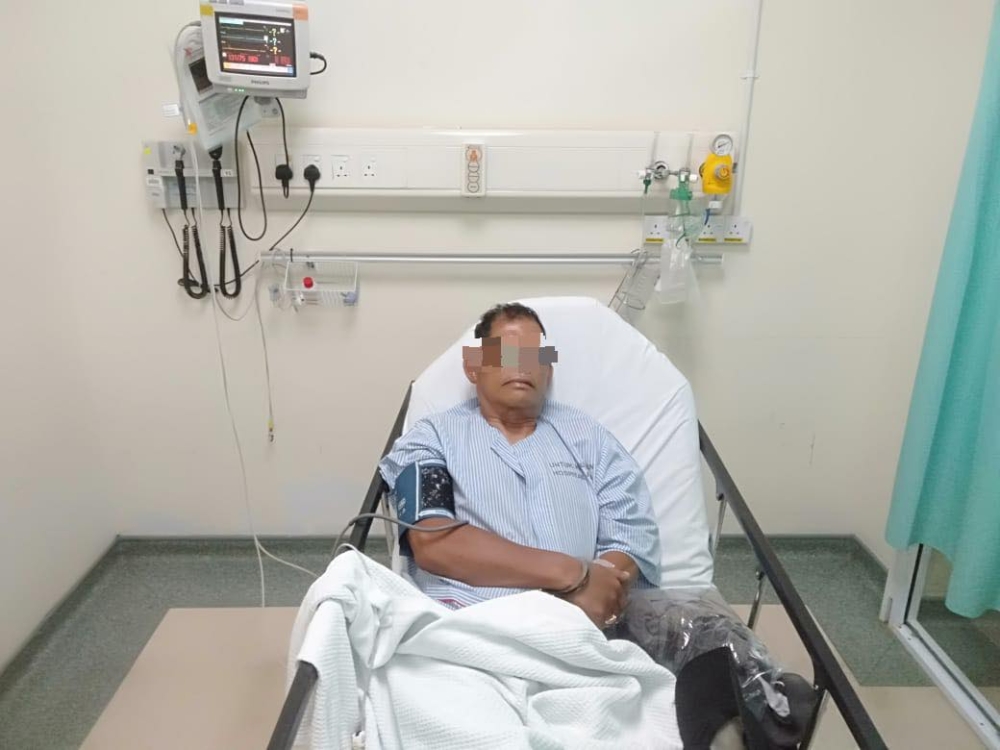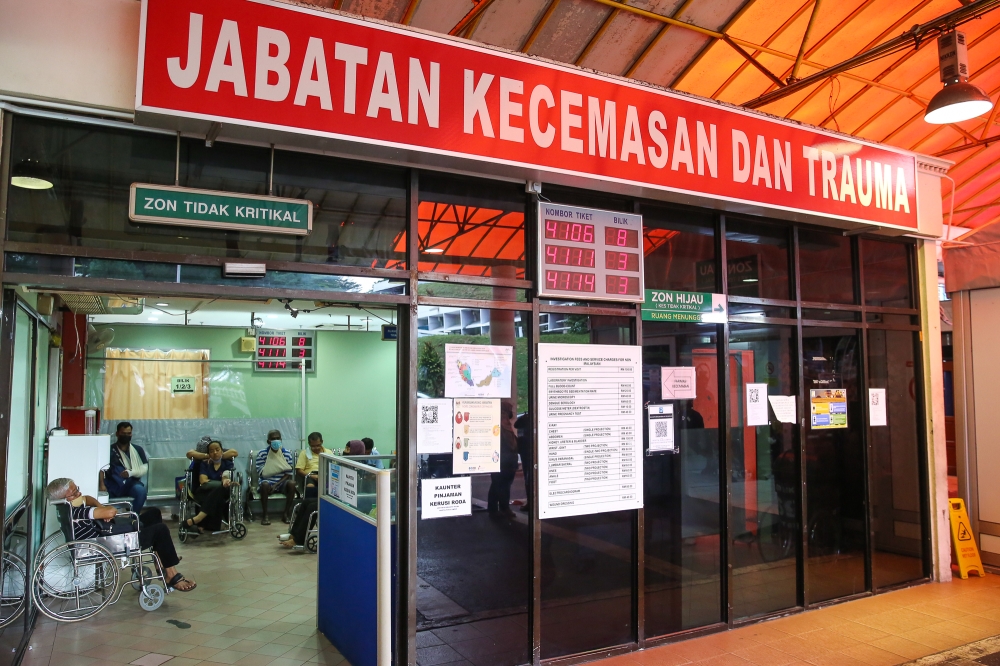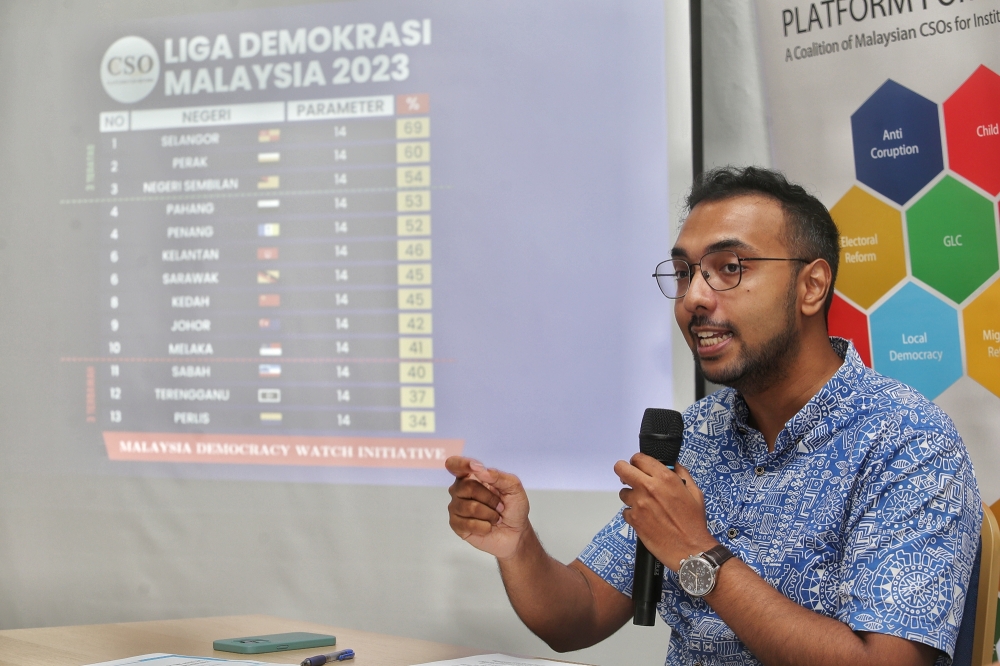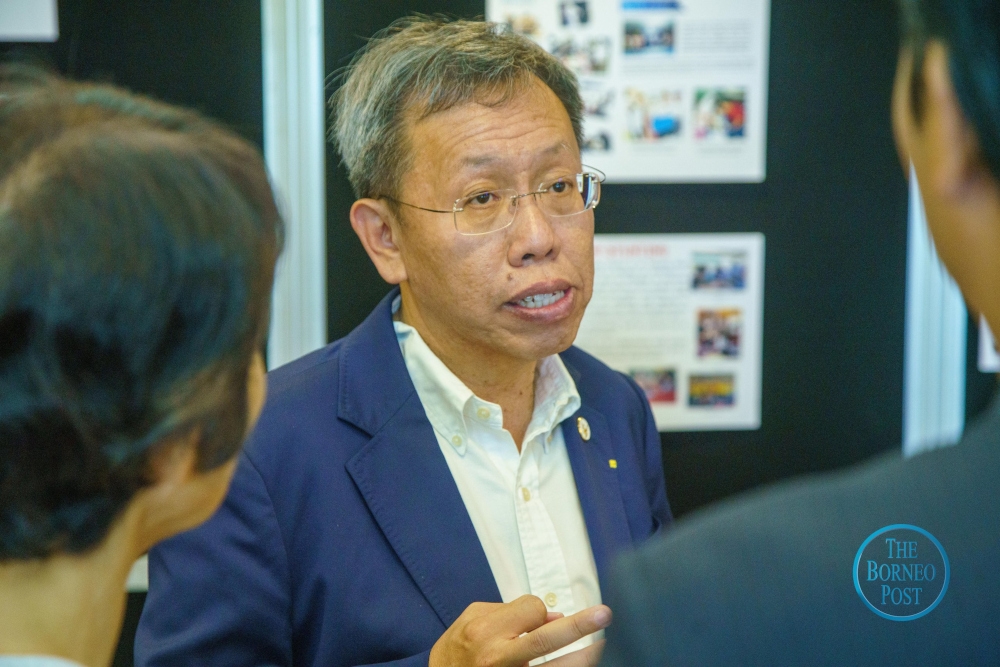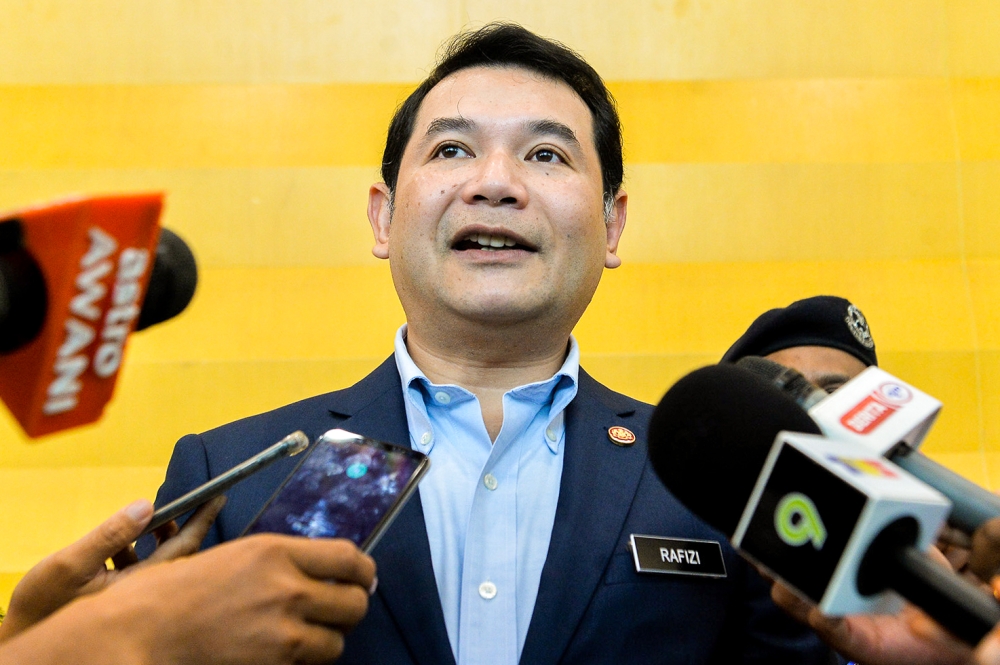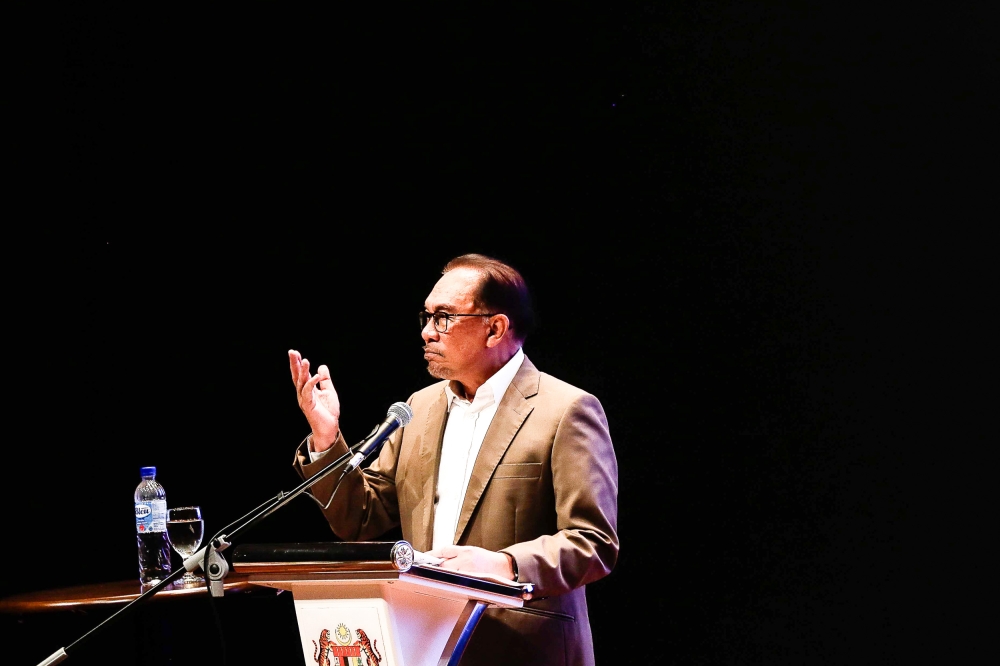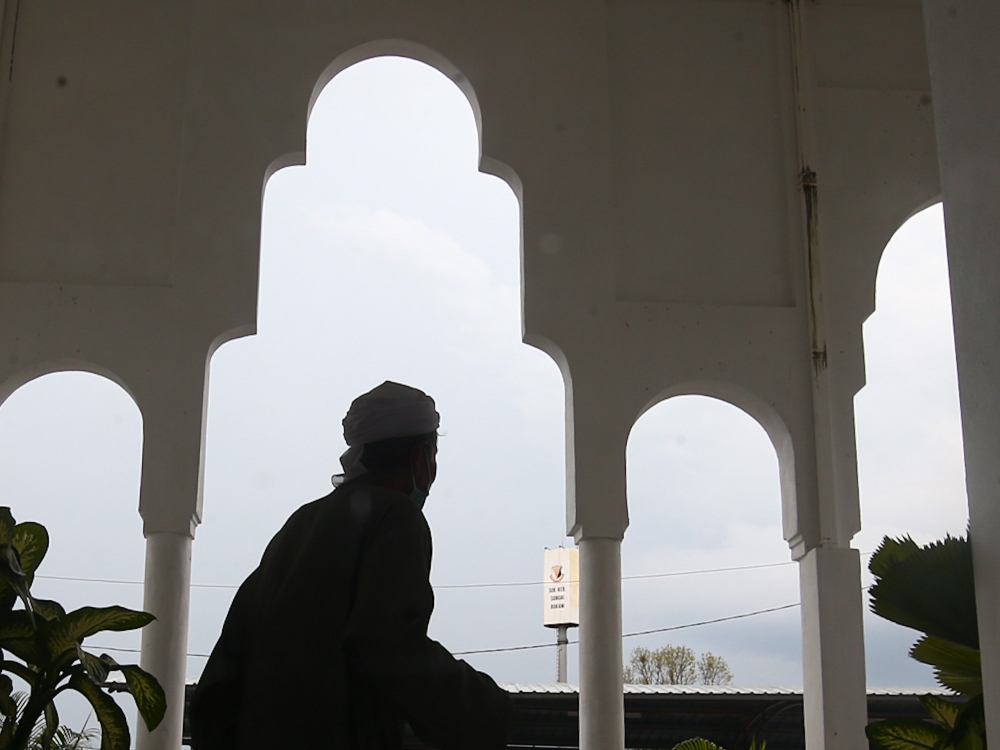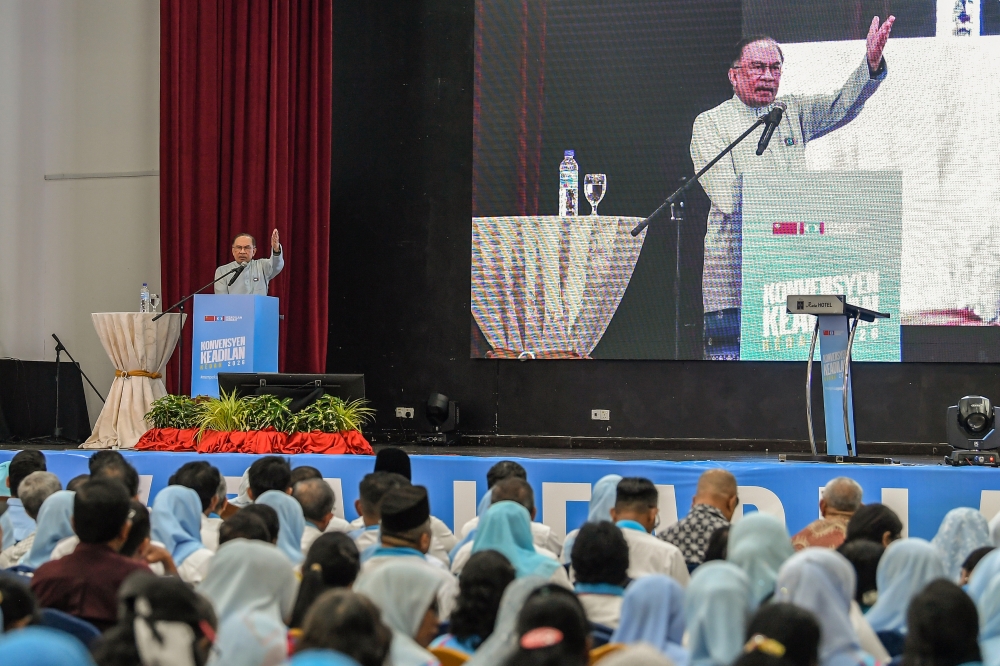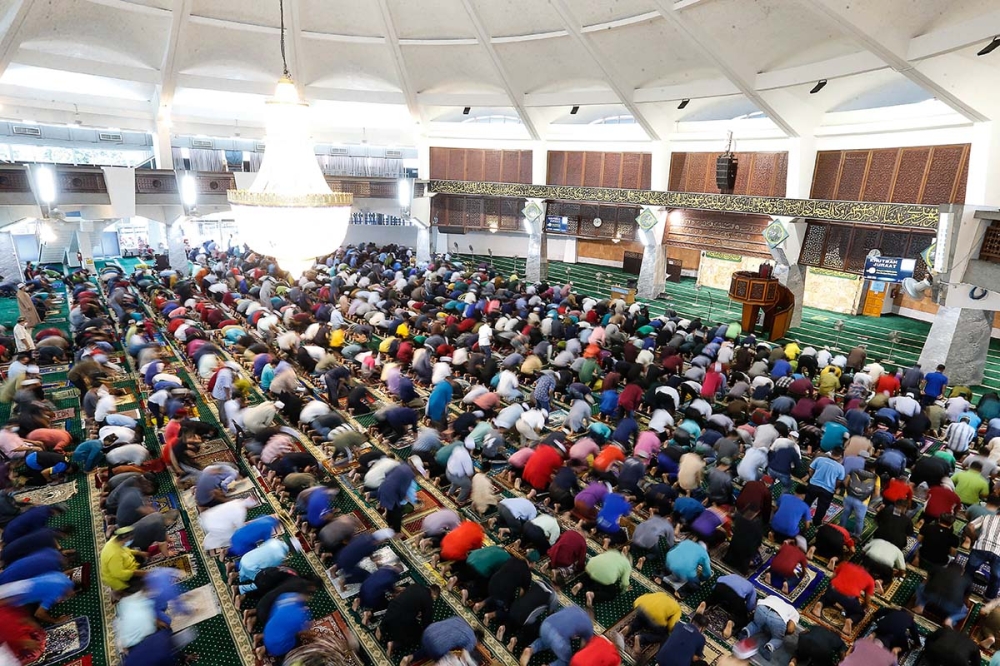KUALA LUMPUR, July 4 — With six states set for elections within weeks, Selangor has been ranked as the most democratic state in Malaysia by institutional reform advocacy group CSO Platform for Reform.
In the group’s “Malaysian Democracy League” unveiled today, Selangor was top amongst 12 states, with a score of 69 per cent; Perlis came in last at 34 per cent.
Undi18 co-founder Tharma Pillai said the league was an initiative to gauge the level of democracy amongst state assemblies and their commitment towards institutional reforms.
“As some of the states in the league are expected to head to the polls, we can judge for ourselves whether they (state government) have been pushing for institutional reforms.
“We are urging the respective caretaker state governments to seriously consider the scoring and we do hope those entering the polls may utilise the shortcoming of lower ranked states to be included in their manifesto to bring progressive and functional institutional reforms,” he told a press conference here.
Tharma said the initiative also demonstrated the contrast between the state assemblies in implementing institutional reforms, with states like Selangor, Negeri Sembilan (60 per cent) and Perak (54 per cent) in the top tier, while Sabah (40 per cent), Terengganu (37 per cent) and Perlis at the bottom.
The states in the middle tier were Pahang (53 per cent), Penang (52 per cent), Kelantan (46 per cent), Sarawak and Kedah (45 per cent), Johor (42 per cent) and Melaka (41 per cent).
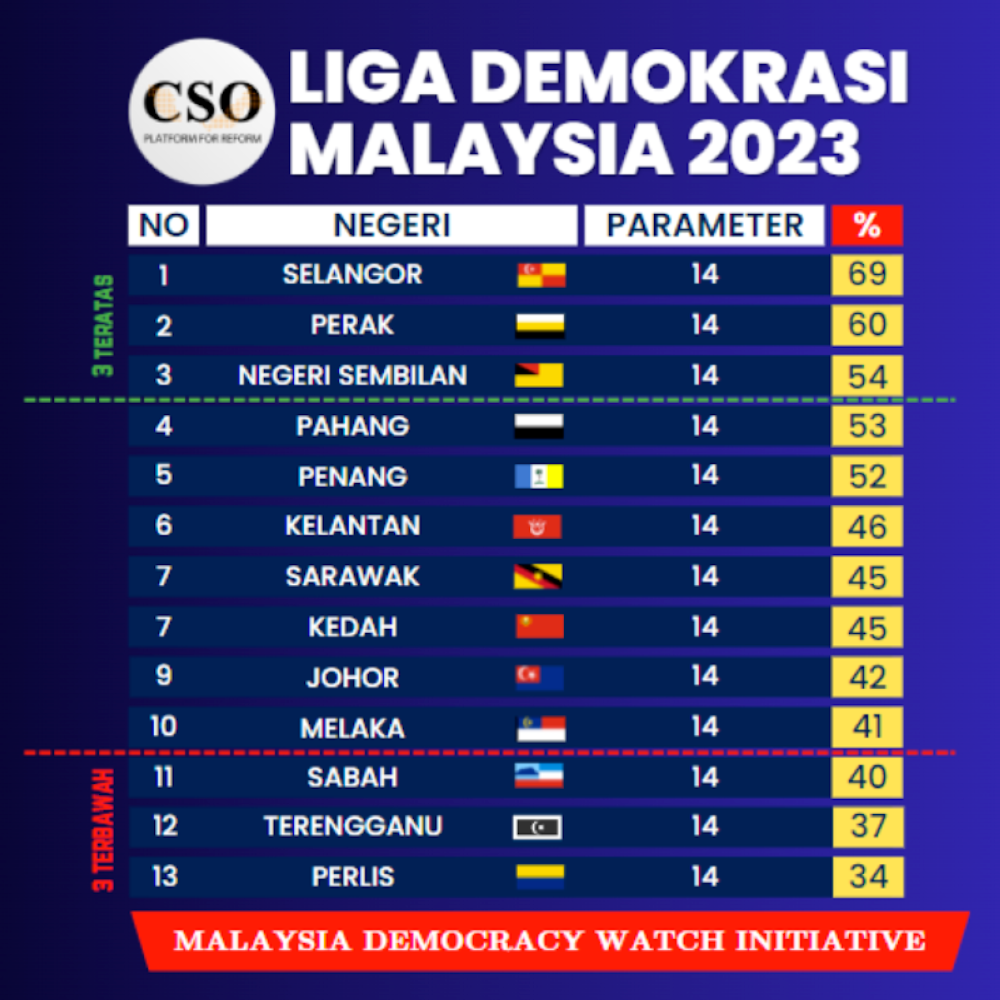
Giving an example, Tharma said one of the parameters — duration of assembly sittings — revealed that the state assemblies of Perlis and Perak convened for a mere six days annually, indirectly showing the failure of the two legislative bodies in playing their role effectively.
A total of 14 parameters were used to determine the scores for each state assembly.
The 14 parameters included the formation of a Special Select Committee and Public Accounts Committee (PAC) on a state level, public hearing of PAC meetings and appointment of PAC chairman from the Opposition, Chief Minister’s Question Time, introduction of a shadow Cabinet, Anti-Hopping legislations, duration of assembly sittings, number of backbenchers and recognition of the Opposition leader, and fair allocations for elected representatives.
Tharma also said the list of 14 parameters was not final and may be further expanded to include more in the future.

